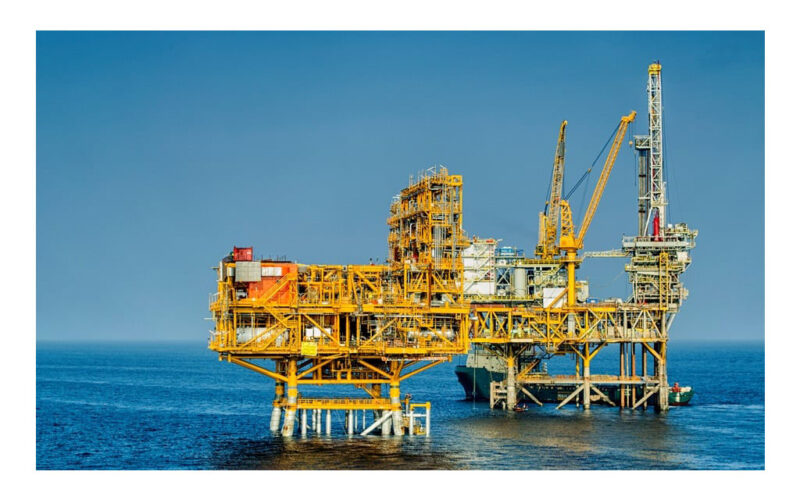Chamwe Kaira
In the realm of deep-water exploration expenditures by continent, Namibia is poised to secure the largest allocation of exploration funds in Africa from Total Energies. The company is set to invest US$300 million (equivalent to N$5.5 billion) for the assessment of the Venus oil well situated offshore Namibia.
This disclosure emerged during the Namibia Oil and Gas Conference held in Windhoek, presented by Namcor executive Shiwana Ndeunyema.
Ndeunyema highlighted that the initial investment might escalate due to the potential for discovering additional resources. Preliminary estimations indicate that Graff and Venus fields possess the capacity to nearly double Namibia’s GDP by 2040, reaching approximately US$37 billion.
The oil initiatives alone are projected to generate more than 3600 employment opportunities at their peak, with the potential to sustain these levels through adept skills management. Ndeunyema emphasized the importance of early collaboration between Namibia and the industry to foster the development of a well-informed local content policy, aligned with local resource availability and long-term economic necessities.
Offering an illustrative example, he cited the instance of Ghana’s licensing round, where the requirement for at least 5% equity involvement from local enterprises hindered interest due to the challenges faced in raising the necessary capital.
Ndeunyema underscored that streamlining contracting procedures is vital to encourage local bids, such as dividing tasks into smaller segments and displaying greater flexibility in tender prerequisites.
While acknowledging the gradual shift towards renewable alternatives, Ndeunyema asserted that the world’s reliance on oil and gas persists in numerous domains. He projected Namibia’s ascension to the top 15 oil-producing nations by 2035, a prospect that could double the country’s GDP per capita within a decade.
He elaborated on the multifaceted benefits the oil industry brings to Namibia, spanning direct, indirect, and induced advantages. Ndeunyema revealed that, as per the Namibian Petroleum Agreements, the government is entitled to a share of successful projects once production commences. This comprises a 5% royalty, a 35% petroleum income tax, and a 10% stake for Namcor in the ventures.
Furthermore, additional profits could incur a negotiable tax ranging from 5% to 12%. Ancillary gains encompass annual licensing fees and the training of Namibian personnel. Currently, Namcor operates 16 fuel retail stations, holds a 6% market share in Namibia’s retail sector, manages three bulk fuel storage depots, and operates the National Oil Storage facility at Walvis Bay.




